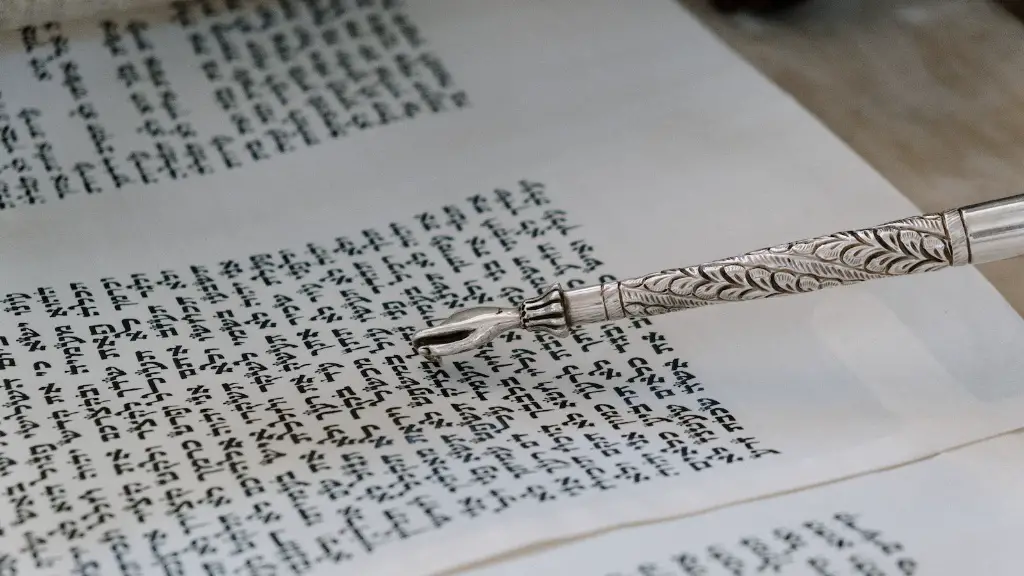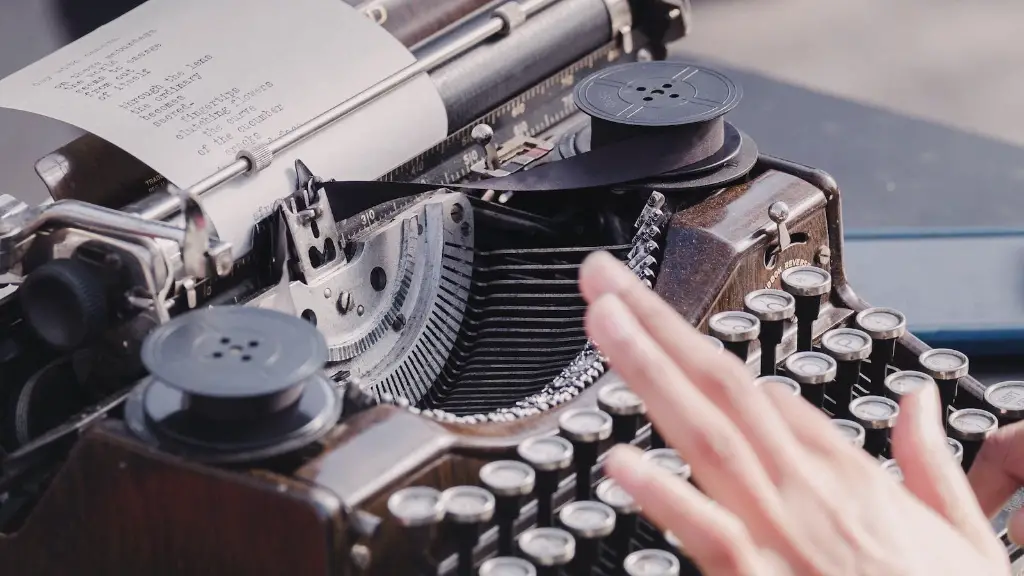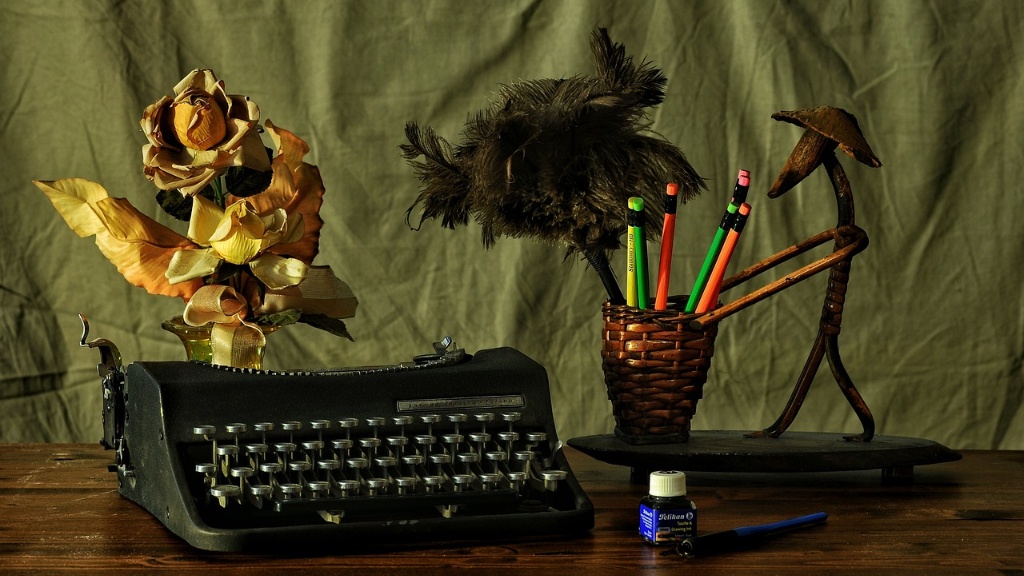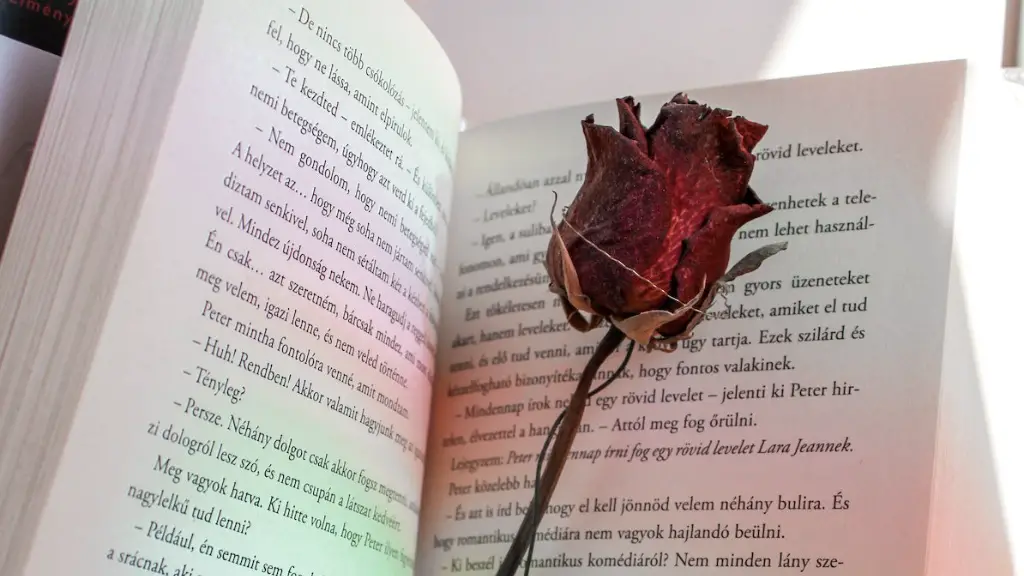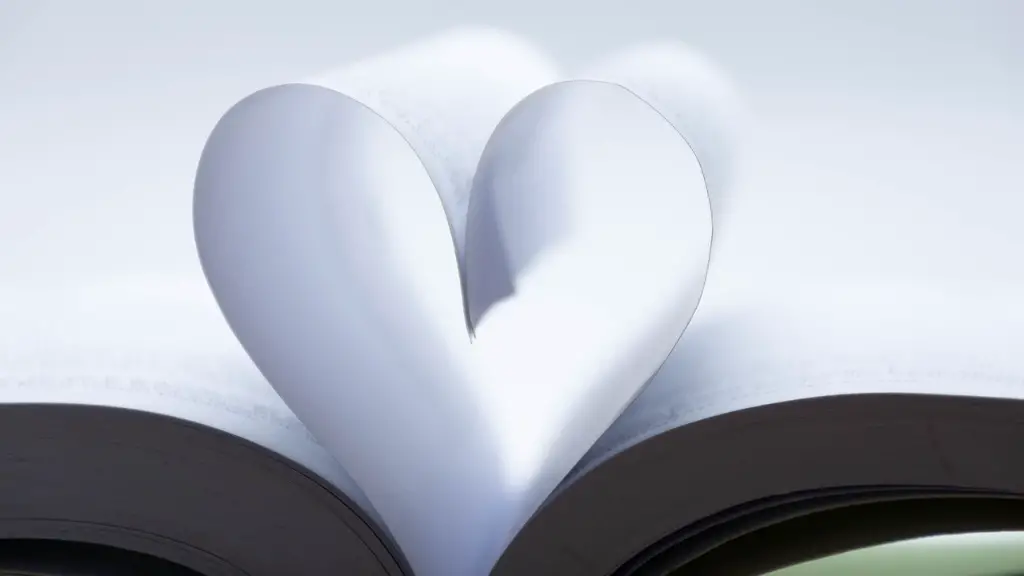Power has been an issue from the dawn of humankind. It can be used to benefit society, but more often it has been used to control and manipulate power for an individual’s own selfish motives. Historically, when absolute power corrupts, the effects on societies have been catastrophic. The same can be said for modern day governments, businesses, and institutions.
The power of poetry is that it can transcend the boundaries of law and politics, and bring people together with a common understanding. Poetry is often used as a form of protest or dissent, when other methods of communication are wiped out. Its ability to convey deep emotion and insight cannot be overstated, and can make readers see the world in a new light.
In many countries, poets often take on a greater responsibility to provide a critical and authentic voice, challenging existing power structures. In times of great social injustice and upheaval, poetry can be a vessel for the oppressed, for direct action and for peaceful protest. It can also bring balance to situations that have been gone unchecked due to heavy investments from the elites in government or corporate power.
For example, during the Arab Spring, poets took an active role in voicing the desire for change and highlighting the grievances of the people that were being ignored by their government. While the government was denying basic rights, the poets provided a platform for their grievances to be heard, amplifying their voices with their words. This was a pivotal moment in many Middle Eastern nations where power had been concentrated in the hands of a small elite for generations.
Poetry has also been used in Western countries, such as the United States, to provide a direct challenge to the establishment. During the civil rights movement, poets such as Maya Angelou and Langston Hughes used their work to create a powerful dialogue and motivate activists. They provided an outlet for powerful emotions, expressed the injustices of the system and propelled the movement forward. They galvanized people’s emotions and provided a way for people to imagine a different future for their country.
More recently, poets such as Claudia Rankine, Dawn Lundy Martin and Hanif Abdurraqib have used their words to tackle racism, sexism and police brutality in the United States. Their poetry is creative yet hard-hitting, confronting the power of institutionalized discrimination and making society think beyond the status quo.
In a world where institutions, interests and ideologies are constantly competing for power, poetry can be an important uniting force. It is often used to challenge power and bring attention to injustice and oppression, lifting the voices of the oppressed and the forgotten. It is both a creative and provocative form of expression, allowing people to protest and protest against the powerful and speak out against societal norms.
Language as a Tool for Social Engagement
Language can be seen as a tool for social engagement and for the expression of a collective consciousness. Through poetry, people are able to articulate their grievances and find commonality amongst those struggling against oppressive regimes. Poets have the unique ability to capture the essence of a situation and express it in a manner that can be understood by a large and diverse audience. This can be seen in the works of poets such as Vachel Lindsey, Caribbean poet Kamau Brathwaite and Maya Angelou, who used their work to voice the complaints of the downtrodden and to inspire solidarity amongst the oppressed.
Poetry can inspire, challenge and raise awareness of injustice. It can be seen as a form of civic engagement which can be used to empower and mobilize those who have been ignored or discounted by society. It is a form of self expression which can help inspire people to take a stand, from writing protest songs to mobilizing mass protests. This was seen in South Africa during the 1980s, where poetry was used to mobilize a people’s movement against Apartheid.
Poetry can also be used as a tool to spark dialogue and build empathy between people. By expressing powerful and honest emotions, poets can help bridge divides and bring people together. This was seen in the Arab Spring, where poets and writers used their work to convey the feelings of injustice and to spread the popular messages of the movement.
Through poetry, people can voice their concerns, struggles and dreams. Poets can provide a platform for creativity and open dialogue and can help bring people together. As long as power continues to be abused, poetry will continue to speak out against it, providing a way for those who have been silenced to be heard.
Poetry as an Agent of Change
Poetry has been recognized as a powerful tool for bringing about social change. By expressing powerful and honest emotions, it can tap into the power of mass mobilization, creating a shared sense of solidarity among those fighting for a common cause. Poetry can be used as a tool for civil disobedience, as a way to voice dissent and challenge the status quo. This was seen in the civil rights movement in the United States, where poets such as Maya Angelou and Langston Hughes used their work to help galvanize people and express their grievances in powerful ways.
In many countries, poets have taken on a larger role in providing a critical and authentic voice, capable of challenging existing power structures. Egypt’s Ahmed Fouad Negm and Tunisia’s Abdelwahab Meddeb both used their poetry to confront the ruling regimes in their countries and to inspire people to take action against oppressors. Artists such as these inspired people to think critically and to stand up for their rights.
In a world where powerful institutions often try to control what people can and cannot think, poets can provide an important strain of independent thought. By expressing powerful and honest emotions, they can tap into the power of mass mobilization, creating a shared sense of solidarity. This can incite people to take action and challenge the status quo.
Poetry as an Antidote to Power
Poetry can be seen as an antidote to the destructive power of narrow-minded ideologies. It has an ability to transcend the boundaries of law and politics and bring together people with a common understanding. By expressing powerful and honest emotions, it can provide a platform for open dialogue, challenge existing power structures, and help bridge divides. This was seen in the Egyptian revolution, where Tawfik-al Hajjaji wrote his poem “We Demand Change”, inspiring the people to take action.
Poetry can also be seen as a tool for understanding and empathy. By exploring complex emotions related to struggles for justice and equality, it can help build bridges between the powerful and the powerless. Poets such as Ed Smith and Ameena Meer have used their work to challenge racial and gender stereotypes, to bring attention to power imbalances, and to prompt dialogue around these issues.
In an increasingly divided society, poetry can be a powerful unifier. Rather than allowing power to be concentrated in the hands of a few, it can bring together people of diverse backgrounds and viewpoints, creating a space for dialogue, understanding, and peace.
Conclusion
Poetry can be seen as a powerful antidote to the corrupting nature of power. By expressing powerful and honest emotions, it gives a voice to the voiceless and provides a platform for dissent and protest. It can bring together people of diverse backgrounds and viewpoints and can help spark dialogue and build bridges between the powerful and the powerless. In a world where power is often abused, poetry can provide a way for the oppressed to be heard, and for meaningful change to be made.
